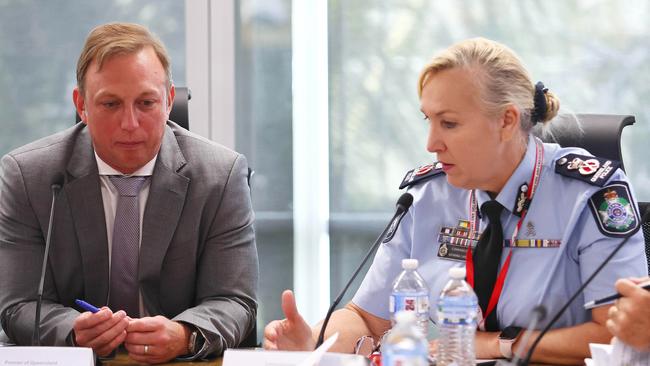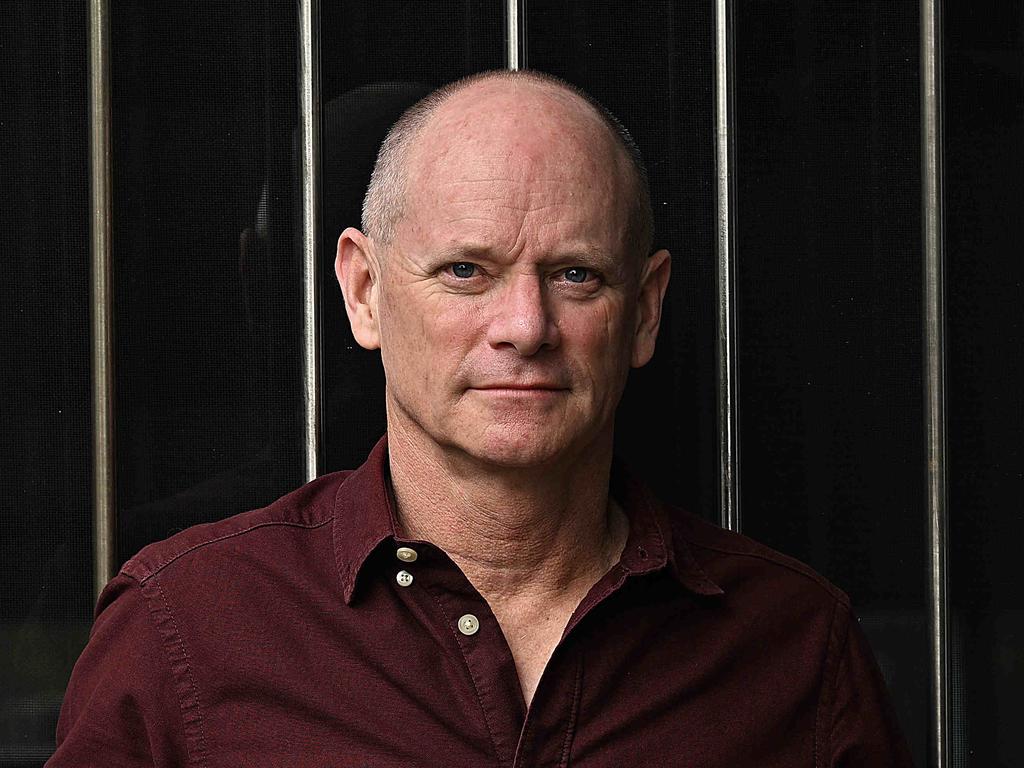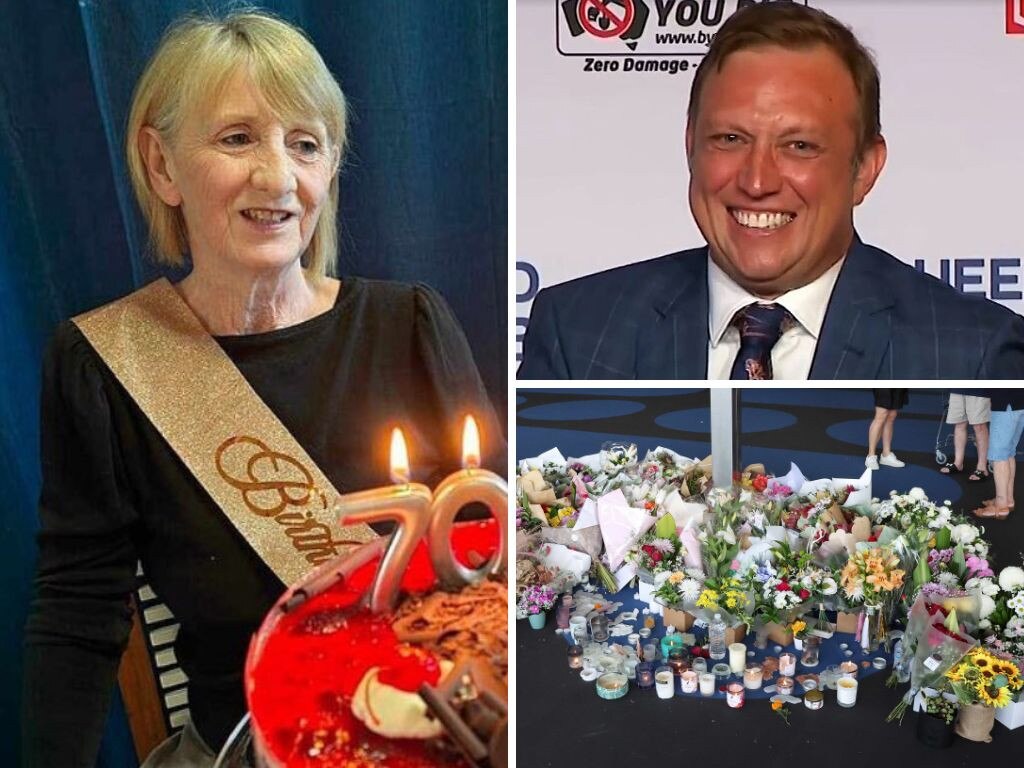Police will be given power to search teens for knives at Queensland shopping centres
Steven Miles will hand police the ‘extraordinary’ power to stop and search children for knives at shopping centres in a bid to silence community and political anger.

Queensland Premier Steven Miles will hand police the “extraordinary” power to stop and search children for knives at shopping centres in a bid to silence community and political anger over the alleged stabbing murder of a grandmother by a 16-year-old on bail.
Youth crime resurfaced as a major political issue for the third-term Labor government after the death of Ipswich woman Vyleen White, who was stabbed in front of her six-year-old granddaughter in the underground carpark of their local shops earlier this month.
The 16-year-old boy accused of White’s murder, who cannot be named for legal reasons, was on bail at the time for armed robbery.
Police Commissioner Katarina Carroll briefed Mr Miles’s cabinet on Monday and called for more resources to crack down on recidivist teenage criminals.
“There is a challenging cohort and the violence has been escalating,” she said.
Mr Miles said Jack’s Law – which already gives police powers to use metal detector wands to search people for weapons on public transport and in nightclub precincts – would be expanded to shopping centres and, potentially, other public places.
Jack’s Law, which passed parliament last March, had already allowed police to seize 450 weapons, Ms Carroll said. “But it is an extraordinary power … we do not want to just wand every shopping centre. We need evidence to say what is happening in that shopping centre,” she said.
Under a suite of measures adopted on Monday, Mr Miles said a ban on the sale of knives to children would be fast-tracked, the maximum penalty for possessing a knife in a public place would increase from 12 to 18 months’ prison and government would consider how to expand GPS tracking for youth offenders on bail. “Can I emphasise that, in considering these measures, it’s really important that we don’t have a knee-jerk reaction,” he said. “It is important that they are properly considered, that we’ve properly consulted stakeholders, that there is a proper parliamentary process to consider these changes.”
Liberal National Party deputy leader Jarrod Bleijie said the government had to get tougher on tackling youth crime.
“What concerns me greatly is Steven Miles has been hiding under a rock for six days,” he said. “I would have thought he would have come out today with concrete solid proposals and plans to legislate and he hasn’t.
“All he’s done is saying, ‘We’re going to consider things, we’re going to look at things.’”
Mr Bleijie said increasing the maximum penalty for possessing a knife in public would do nothing to reduce youth crime.
“I can see the young repeat serious violent offenders across Queensland shivering in their boots that a maximum penalty is going to be increased by six months, considering these kids never end up getting the maximum anyway,” he said.
The state government began trialling ankle-worn GPS trackers on young people as part of their bail conditions in 2021, but only 33 youths have been fitted with devices so far. A 2018 report by former police commissioner Bob Atkinson recommended the government “examine the use of electronic monitoring together with community or home detention as an alternative to detention in a youth detention centre” for a small number of older offenders on remand and on sentence. Mr Atkinson noted GPS tracking would only work in cases where the offender had “supported stable accommodation”.
The number of hardcore young offenders increased again last year, with 20 per cent of serious repeat offenders – or 652 children – responsible for 55 per cent of crimes committed in 2022-23.








To join the conversation, please log in. Don't have an account? Register
Join the conversation, you are commenting as Logout